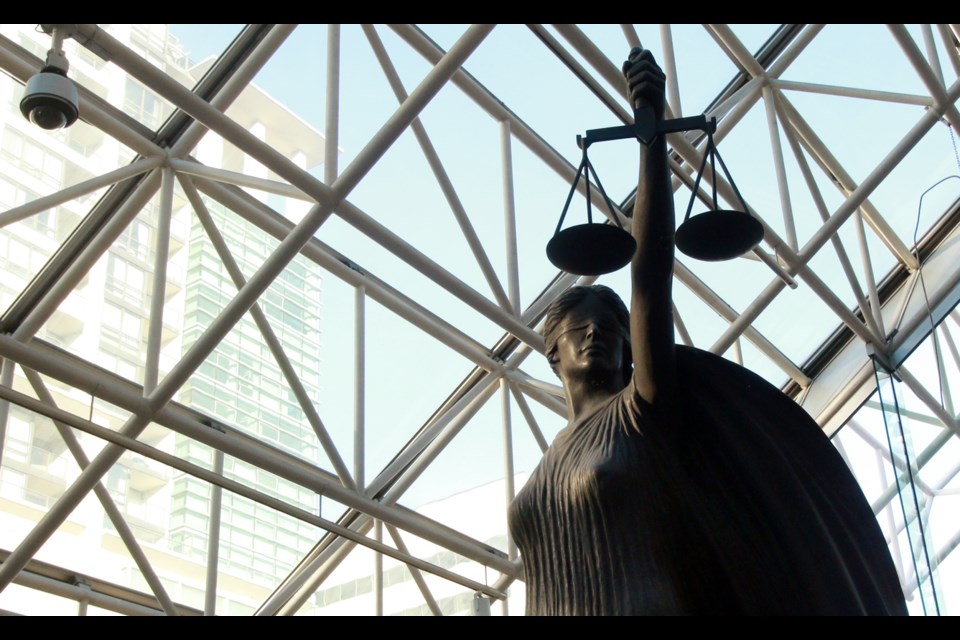The B.C. Supreme court has ruled that a condo by Lansdowne Centre was bought with funds from a US$7 million fraud, and that it should be sold to repay the defrauded company.
U.S. company Prima Technology, Inc. (PTI) applied to sell the condo as part of its efforts to recover damages, interest and costs from husband and wife, and former employees, Jinzhe (Mary) Yang and Samuel Zhu.
Zhu and Mary defrauded PTI of approximately US$7 million between March and November 2007, and the Superior Court of Snohomish Country Washington State awarded a total of over US$11 million to PTI in 2015.
PTI then began proceedings in the B.C. Supreme Court in 2016 to recover the funds.
So far four Vancouver properties have been ordered to be sold to satisfy the Washington judgment, including one property that Mary had transferred to her daughter, sister, and brother-in-law. As summarized in the judgment, Mary had not voluntarily paid off her amounts owed to PTI.
To make things more complicated, Mary also filed for bankruptcy in 2018.
The condo was purchased by Mary Yang’s mother-in-law, Yunyu Yang, for $528,000 in 2010. The down payment of $248,874 came from Yunyu and Mary’s joint account at HSBC Canada, and Yunyu took out a mortgage of C$264,000 with TD Bank, which was later paid off by Mary.
Both Mary and Yunyu were defendants for this application, but Mary did not take part in the proceedings. Yunyu appeared by video-link from China for the hearing, with a friend making submissions on her behalf.
The court was asked to decide if the condo was purchased with defrauded funds and whether it is held in constructive trust for PTI.
BCSC judgment
Banking evidence showed Mary transferred C$3,400,000 to Yunyu in 2008 after defrauding PTI, and PTI argued that regardless of whether the condo was bought with money from that transfer, there is no evidence proving Yunyu paid for the condo with her own money.
Although Yunyu argued that Mary was not in control of the account and the funds used for the down payment belonged to her despite not remembering whether she deposited funds after 2003, Hon. Justice Alan Ross inferred from evidence that it was from Mary.
Ross also noted that there was no evidence to support Yunyu’s statement that she had loaned money to Mary and that Mary was paying her back.
An executed and notarized title transfer document from June 20, 2011 also showed that Yunyu transferred title to the condo to Mary for C$1, but it was never registered. PTI argued that Mary stopped the transfer in 2015 because she “did not want any assets in her name when the decision in the Washington action was pending.”
Ross noted that Yunyu’s affidavit didn’t address the document, and she denied any knowledge of it when questioned. Yunyu’s representative then argued at the hearing that it was reasonable for Yunyu to sign the document to transfer the property because she would be in China.
“That submission flies in the face of Yunyu denying, at her examination for discovery, any knowledge of a proposed transaction to benefit Mary,” wrote Ross.
He determined that the document was effective between Mary and Yunyu even though it was never registered. Therefore, Mary held the beneficial title to the condo.
Since PTI established sufficient connection between the purchase and the money Mary defrauded PTI by showing that she controlled the joint account, Ross declared that Mary held the condo in constructive trust for PTI, and ordered that the condo be sold to repay PTI.



